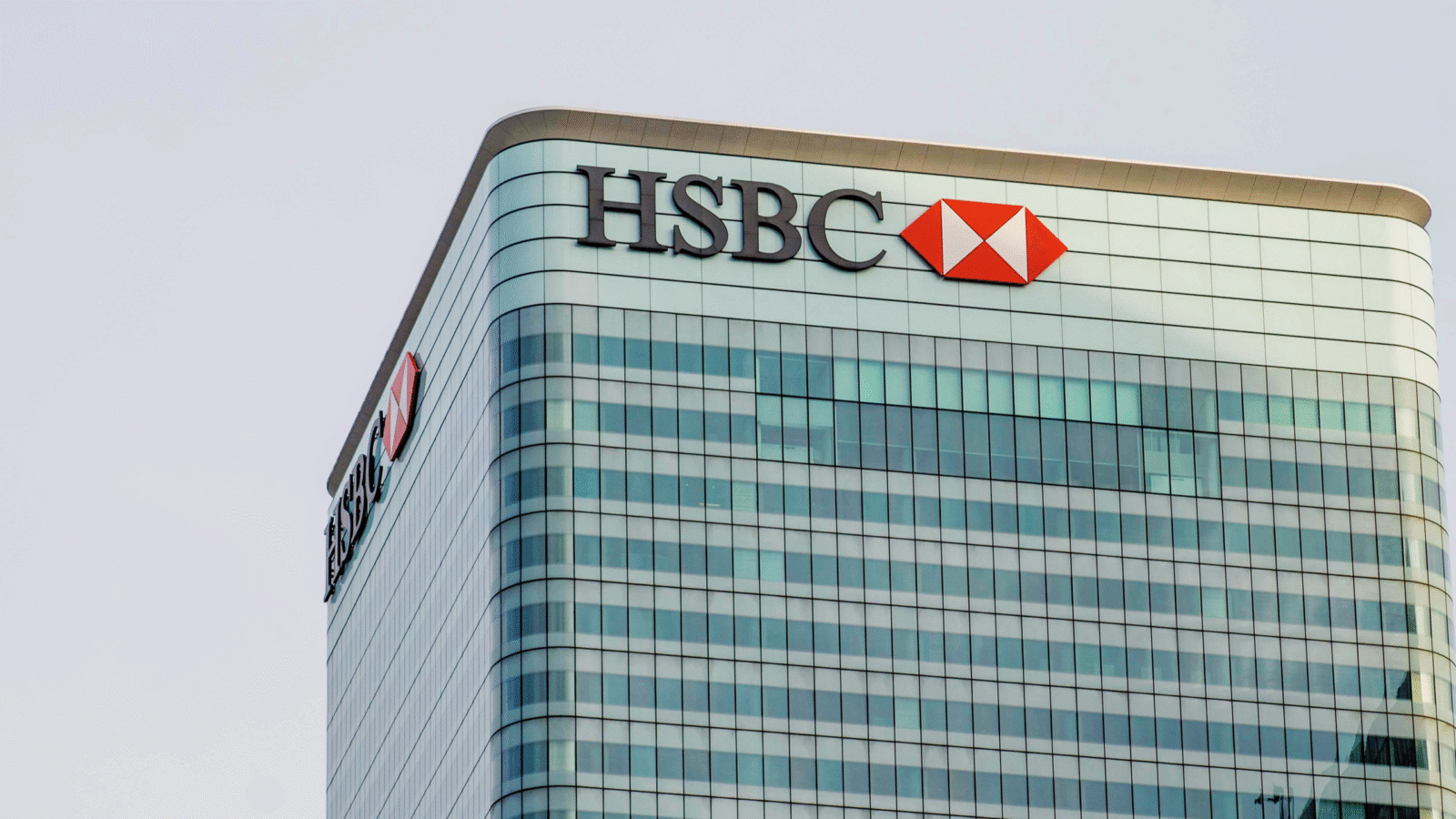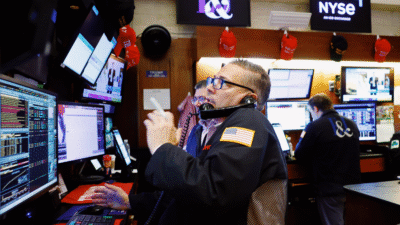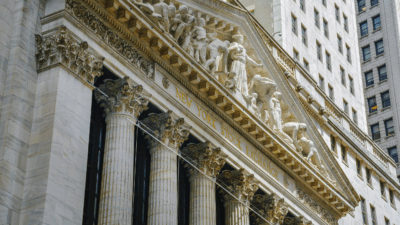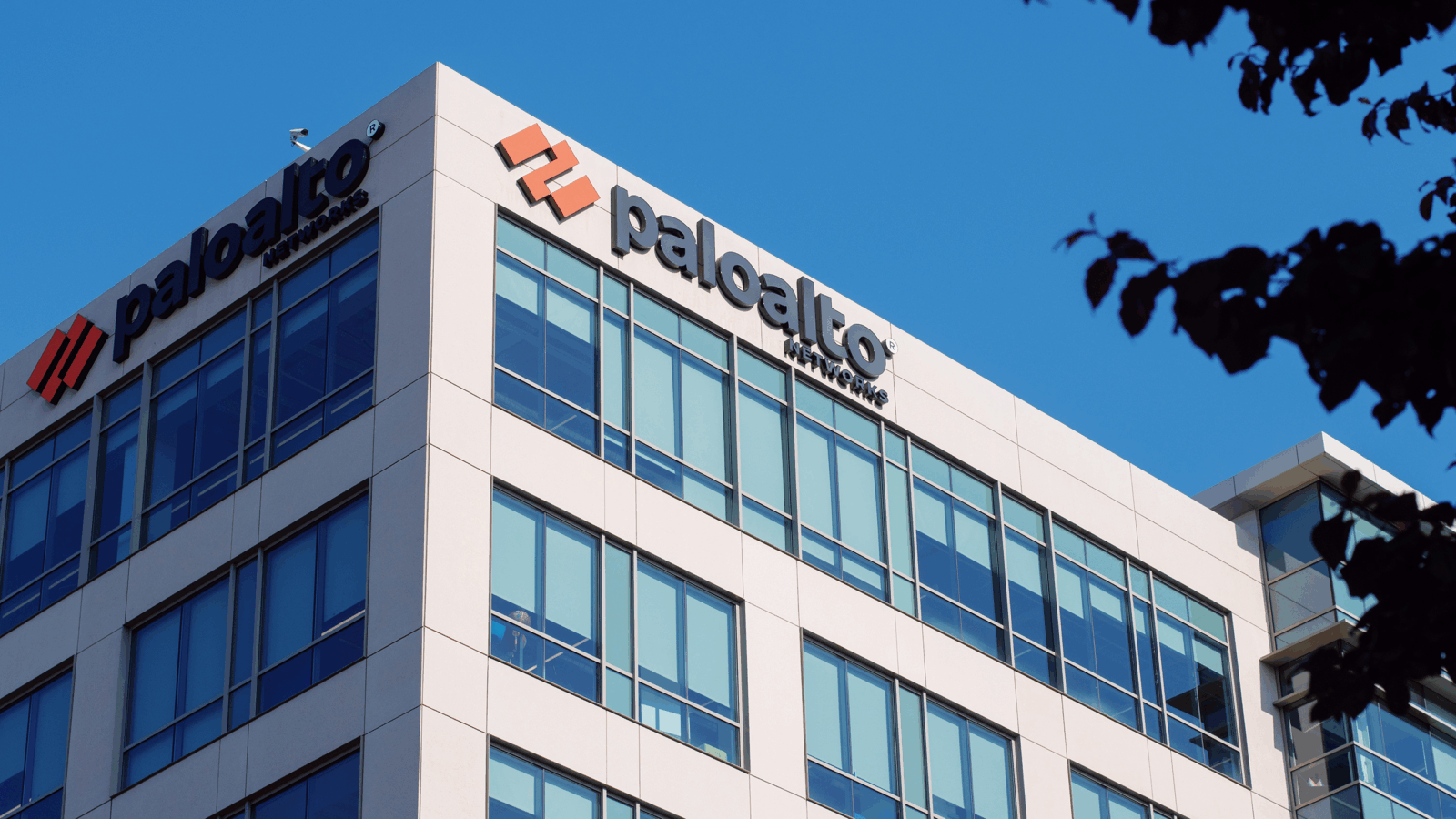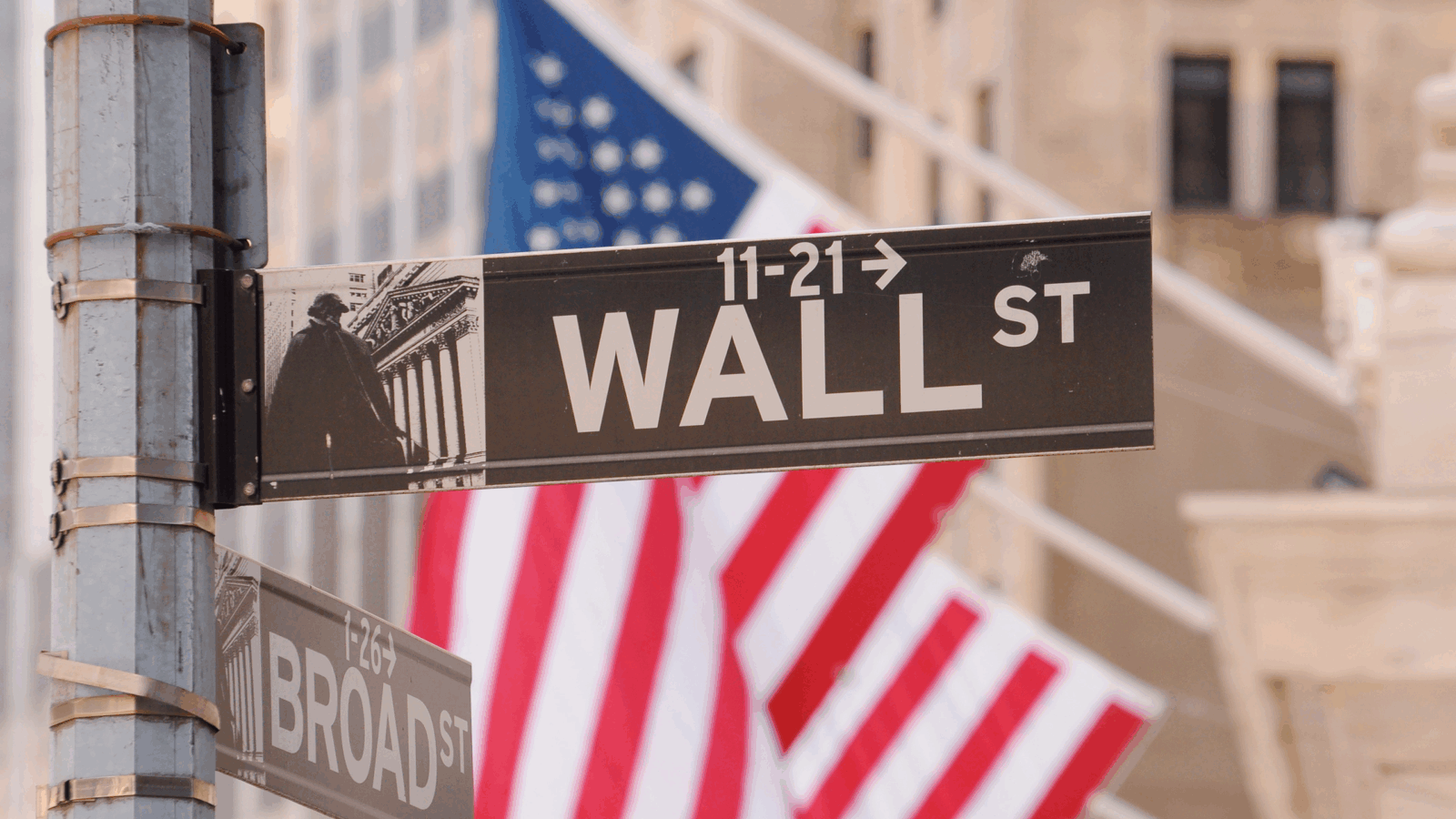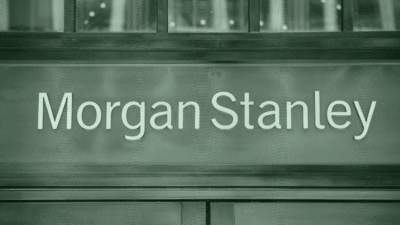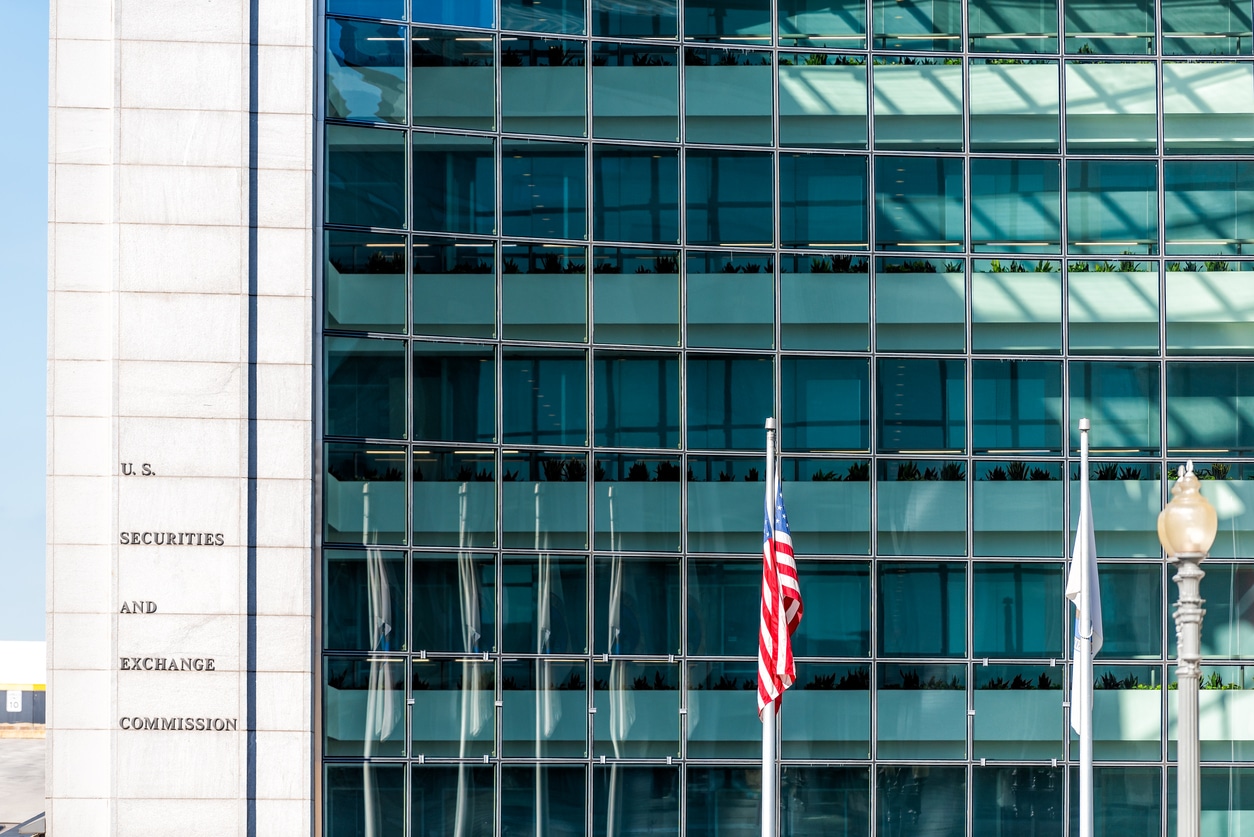
Sign up for smart news, insights, and analysis on the biggest financial stories of the day.
To err is human, to fine is divine. To avoid the latter, Wall Street is going to have to start double, triple, and quadruple checking its financial reports.
Public companies whose financial statements contain errors will now have to recoup their executives’ bonuses and other incentive pay after the SEC passed a ruling that has been in the works for more than a decade, The Wall Street Journal reported Wednesday.
Gaming the System
Executive compensation has been a hot-button issue for years. As many public companies miss financial targets, sympathetic boards have allowed executives to maintain compensation levels by effectively shifting the goalposts that govern performance pay. Even in down years, that has allowed CEOs to receive astronomical bonuses and raises.
Despite media giant Discovery’s earnings falling nearly 20% last year, CEO David Zalsav received $26.4 million in performance bonuses, and Coca-Cola said the pandemic made its executives’ performance-incentive targets impossible to reach, but CEO James Quincy still ended 2020 with a roughly $1 million bonus.
Wednesday’s ruling comes much, much, much, later than expected. It’s been 12 years since it was made a requirement in the Dodd-Frank Act, one of the most sweeping reforms in Wall Street history whose intention was to make the US financial system safer for consumers and taxpayers following the Great Recession. Lawmakers and corporate executives delayed the clawback rule for years, arguing it would make US firms less competitive in the global economy.
“There are so many ways to game the system,” Nell Minow, vice chair of ValueEdge Advisors, told Bloomberg. “It’s absolutely atrocious.” It’s easy to see why a Gary Gensler-led SEC is on the warpath:
- Even if it is just a simple clerical error that accidentally increases an executive’s bonus options, the SEC will now hold public companies to a new level of scrutiny, likely making clawbacks, restatements, and fines more commonplace.
- One company sighing relief at the timing of the new rule is toy giant Mattel. Last week, the Barbie and Hot Wheels maker agreed to pay $3.5 million to settle SEC claims over misstatements in its 2017 financial statements. They decided to change the accounting treatment of Mattel-owned animated children’s show Thomas & Friends instead of restating earnings, the WSJ reported.
1MDB Scandal: In 2020, Goldman Sachs made clawback history when the 153-year-old investment bank announced it was clawing back $174 million in total compensation from a handful of senior executives in the wake of the megabank’s unprecedented $2.9 billion fine stemming from its role in the 1MDB fraud. Those clawbacks affected current and former CEOs David Solomon and Lloyd Blankfein, among others.
